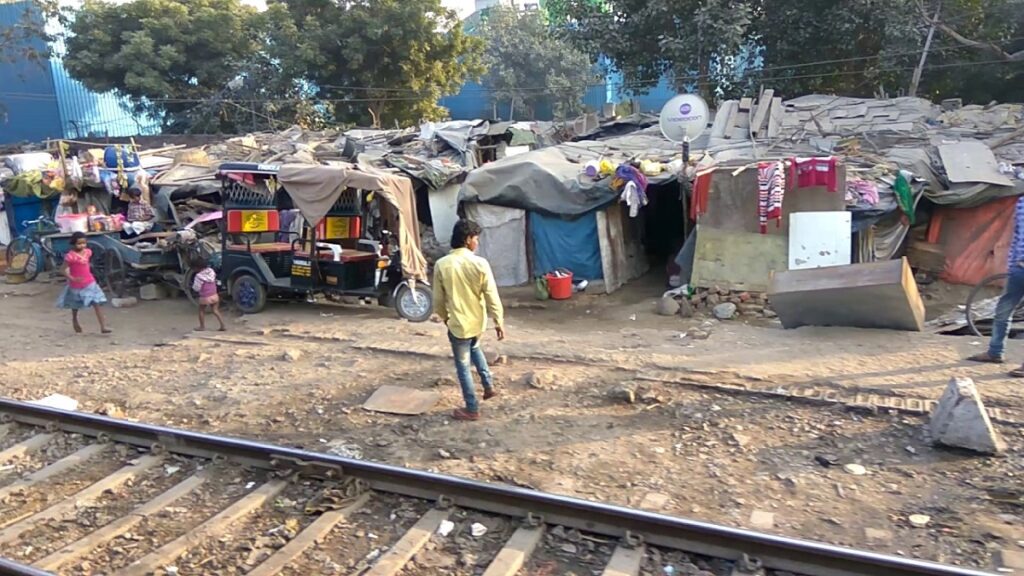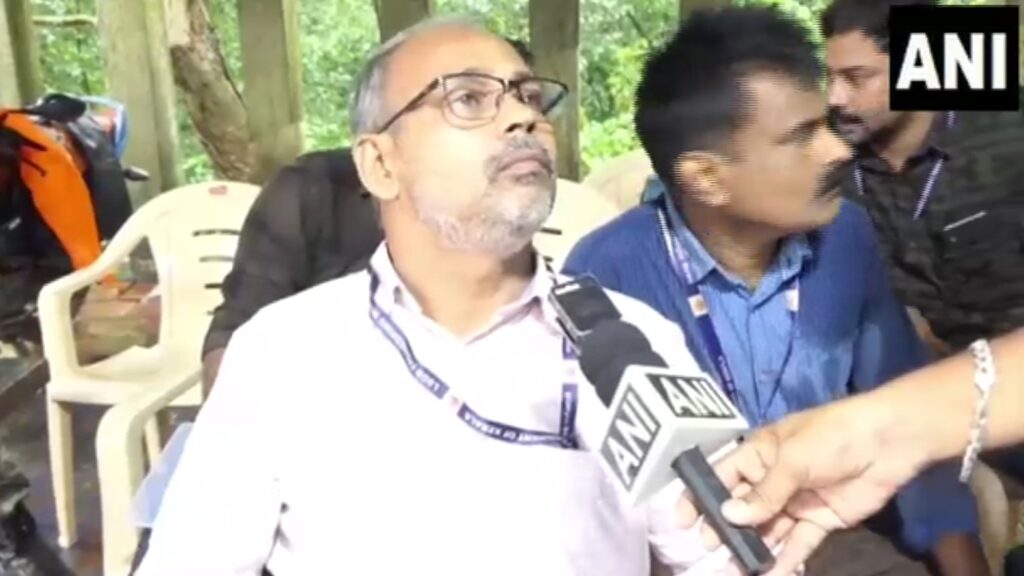Wazirpur Railway Slums Demolished Over Safety and Legal Concerns
In a major demolition drive aimed at improving railway safety and complying with judicial directives, authorities in Delhi cleared illegal jhuggi settlements near the Wazirpur railway tracks on June 2, 2025. Acting on orders from the Delhi High Court—which itself is enforcing a Supreme Court ruling from 2020—the Northern Railways, Delhi Police, and municipal teams carried out a coordinated bulldozer operation to remove hazardous encroachments that had come dangerously close to active railway lines.
The area had long posed a safety threat, with trains reportedly brushing past tin rooftops and makeshift dwellings. The demolition has led to the removal of over 370 structures, putting an end to what authorities called a “critical danger zone” for both passengers and slum dwellers.
Safety First: Why the Wazirpur Jhuggis Had to Go
The primary reason behind this aggressive move was railway safety. Rail officials confirmed that the jhuggis were situated as close as 1 to 2 metres from active train tracks, obstructing signal visibility, increasing chances of derailments, and offering no margin for error in case of slips or crowd movements.
🚨 Bulldozer alert from Delhi!
— The Analyzer (News Updates🗞️) (@Indian_Analyzer) June 9, 2025
Illegal slum near Wazirpur railway tracks CLEARED as per High Court orders.
~ Trains were brushing past tin shanties, one slip, and disaster.
Hundreds of encroachers removed. No more vote-bank settlements endangering lives👏🏼 pic.twitter.com/OvwfmN746Z
Authorities had warned for months that these settlements created life-threatening conditions not just for slum residents, but for thousands of daily passengers. The Delhi High Court’s recent intervention added legal urgency, compelling agencies to act swiftly.
The cleared area will now be fenced and patrolled to prevent future encroachments. This is part of a broader effort to implement the Supreme Court’s 2020 directive to clear over 48,000 unauthorized structures along railway lines in Delhi-NCR.
Political and Human Fallout: Relief Promises and Protest Calls
While officials claim the action was legally and operationally justified, the political and humanitarian fallout has been swift. According to district authorities, 189 families qualified for EWS (Economically Weaker Section) housing in Narela, but 181 families have been declared ineligible—sparking protests from affected residents and activist groups.
Displaced families allege that the government had earlier promised partial roof trimming, but instead bulldozed entire homes without warning. Opposition parties like the AAP and CPI-ML have accused the BJP-led administration of using “bulldozer politics” for vote-bank purposes, and a mass protest is planned on June 29.
Meanwhile, the BJP maintains that it is simply implementing court orders and ensuring the safety of thousands of train commuters. Railways argue that human lives cannot be compromised for political convenience, and point to prior notice and partial rehabilitation efforts.





















